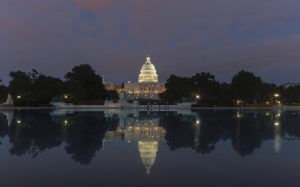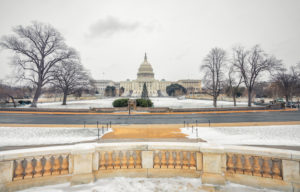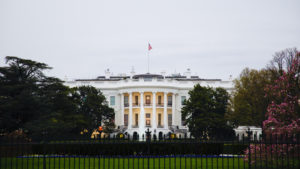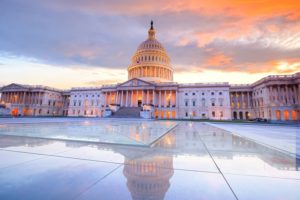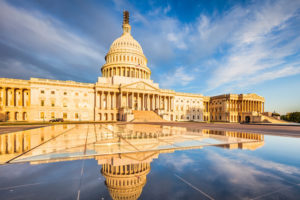Reflections on Bureaucratic Barriers to Immigration Reform
Practical obstacles to implementing policy illustrate how agencies assess their own constitutional authority.
Did a Federal Ethics Loophole Worsen the Vaping Crisis?
Congress should adopt stronger restrictions on former federal officials’ ability to lobby their old employers.
Six Degrees of Delegation
The nondelegation doctrine actually makes sense when viewed in dimensional terms.
Reform Congress to Rein In the Administrative State
Empowering Congress to fulfill its constitutional role can ensure regulation without administrative bureaucracy.
A Stronger Separation of Powers for Administrative Agencies
A better model for the administrative state includes both agency expertise and congressional oversight for major regulations.
Challenges in Implementing Brazil’s Universal Health Care
Brazil has recently made efforts to streamline the introduction and distribution of drugs.
A Constitutional Defense of the Administrative State
A new theory of administrative separation of powers protects modern government from its challengers.
Administrative Constitutionalism’s Lessons
The administrative state can teach us about the Constitution’s guarantee of liberty and separation of powers.
How Federal Agencies Have Used Rigorous Policy Pilots to Learn
Rigorous policy pilots have tremendous potential to improve governance.
How the Federal Government Can Use More Evidence to Improve Outcomes
Several successful programs demonstrate that prioritizing evidence can positively impact policy effects.
Policy for Evidence
Clear standards for producing and sharing data can encourage more effective policymaking.




